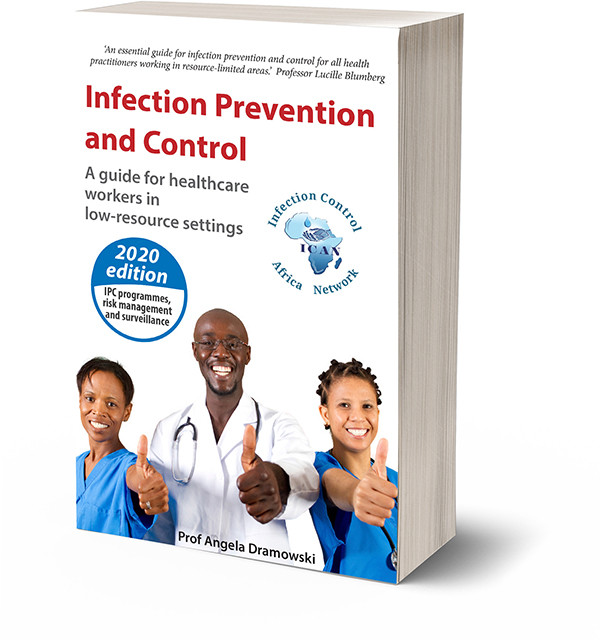Quiz 6: Abuse of women
Please choose the one, most correct answer to each question or statement.
- What activity would qualify as abuse?
- Repeated shouting at a women by her partner in order to control her
- Demanding sex in return for financial support
- A boyfriend slapping a woman only when he is drunk
- All of the above
- What is the commonest form of abuse?
- Verbal abuse
- Emotional abuse
- Financial abuse
- Physical abuse
- What is rape?
- Only forced vaginal or anal intercourse
- Only forced vaginal intercourse if physical injury occurs
- Only forced vaginal intercourse with a penis
- Any forced penetration of the vagina, anus or mouth with a penis or other object
- Rape can happen to:
- Only women
- Only women and young girls
- Only adult women or men
- Women, men or children
- What is gender-based violence?
- Physical violence between women
- Emotional violence between women and their children
- Any violence directed against women because they are women
- Only non-consensual abuse against women
- Where does gender-based violence occur?
- Only in jail
- Often in primary school
- Usually in the home
- Most commonly in the work place
- How common is intimate-partner violence in South Africa?
- Very common
- Only common in wealthy communities
- Only common in unmarried couples
- Uncommon
- Which women are at greatest risk of intimate-partner violence?
- Old women
- Poor women
- Married women
- Women with children
- Intimate-partner violence is more common when:
- The woman or her partner have been abused themselves as children
- The woman is older than her partner
- The woman is well educated
- The woman is very religious
- How is intimate-partner violence diagnosed?
- It relies on physical examination
- By getting a history of violence
- Only by a sworn statement made in a court of law
- By taking a Pap smear
- What advice should be given to all women who are suffering from intimate-partner violence?
- They should fight back
- They must leave their partner immediately
- They must accept that their partner should control their lives
- They should be told of their right to report the violence to the police
- Sexual assault is usually committed by:
- A stranger
- A person seeking political asylum
- A person well known to the victim
- A person who is mentally disturbed
- Who should attend to the survivor of a severe sexual assault?
- Only a gynaecologist
- Only a district surgeon
- Only a doctor
- Any healthcare worker who has had special training
- In a forensic examination:
- The victim should be examined under general anaesthesia
- A lawyer should be present
- A sexual assault examination kit should be used
- Photographs of the genitalia must always be taken
- Should raped women be tested for HIV?
- All should be tested
- Only if the rapist is known to be HIV positive
- Only if it was a case of gang rape
- Only if there is physical injury to the vagina
- If the woman denies intimate-partner violence but you remain suspicious that it is occurring:
- You must report it to the local magistrate
- You must report it to the local police
- You should ask her to come back again soon
- It is not your responsibility if she denies partner violence
- What post-exposure prophylaxis against HIV should be given?
- A single dose of nevirapine
- AZT only for 14 days
- Truvada, atazanavir and ritonavir for 28 days
- Antiretroviral treatment with three drugs for 3 months
- Which sexual assault victims need immediate attention?
- Only those who are seriously injured
- Only those who feel their lives are threatened
- Only those who are not referred to hospital
- All need immediate attention, even if the clinic is very busy
- When should hepatitis B immunisation be given to a victim of sexual assault?
- Immediately while waiting for the antibody test result
- When the result of the hepatitis B antibody test is received
- A week after the assault when any vaginal tears have healed
- Hepatitis B immunisation is not needed as most women already have antibodies to hepatitis B
- When should a sexual assault victim come back for follow-up care?
- Every day for a week
- At 3 days, 6 weeks and 3 months
- Only if she feels she needs further help
- Follow-up visits are not encouraged as further visits to the same clinic will only make the emotional trauma worse

